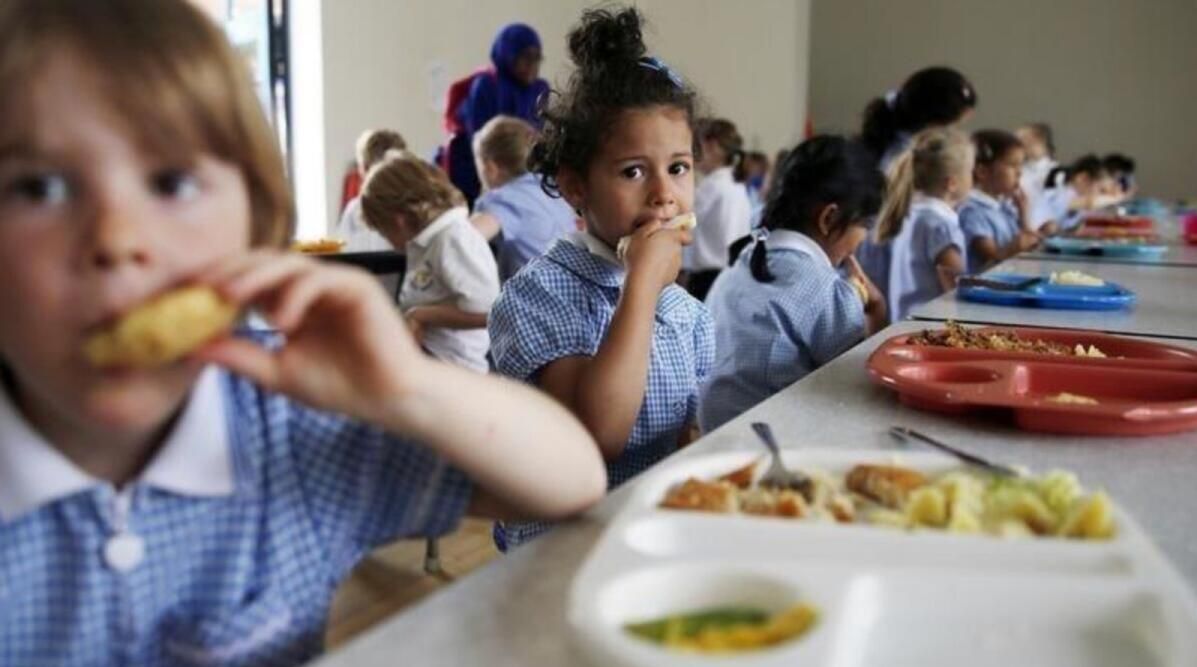UAE doctors have underlined concerns related to increasing cases of choking among toddlers. According to medical experts, choking is usually caused by food, toys and other small objects that can get stuck in a child's windpipe.
Recently, a UAE hospital reported an increase in the number of cases of children swallowing chemicals and small electronic objects.
According to the Emirates Health Services (EHS), Al Qassimi Women's and Children's Hospital admitted more than 50 children in one year. A number of these children also sustained severe damage to their digestive systems.
The hospital also noted that the most common objects swallowed by children include chicken bones, nails, batteries, and magnets, stressing the serious harm caused by these objects on children's health.
In view of rising choking cases in the country, UAE doctors are calling on parents to take extra care of children to ensure that they don't accidentally swallow foreign objects.
Dr Anas Abdalla Alshorman, neonatologist specialist at Sheikh Shakhbout Medical City (SSMC) has partnered with Mayo Clinic to spread awareness about the unintentional injury among children that can result in fatal incidents.
Speaking with the media, Dr Alshoman noted that death caused by suffocation after foreign body aspiration is the fifth most common cause of unintentional-injury mortality in the United States. The medical specialist added that the leading cause of unintentional-injury mortality in children younger than one year.
He further explained that approximately 80% of paediatric foreign body aspiration episodes take place in children younger than three years. There has been a rise in such incidents between the ages of 1-2 years. The doctor pointed out that children have fine motor skills to put a small object into their mouths, even as they do not yet have molars to chew food adequately.
Dr Alshoman further said that foreign body aspiration is potentially life threatening as it can block respiration, resulting in impairing oxygenation and ventilation. It can also cause morbidity due to acute hypoxia, chronic airway damage, lung infections, abnormal breathing sounds from long standing aspirated foreign body among other concerns.
Nazer Olakara, President, Child Protection Team, UAE, indicated that children under the age of four are at the highest risk of getting food stuck in their throats.
"Foods get stuck in their throat due to carelessness and fast eating. There are also situations where young children are at risk for not knowing how to chew food properly," he added.
According to Olakara, swallowing food and eating too fast can result in food getting stuck in the throat in children due to which the throat is completely blocked.
"Clogging of the throat may interfere with the flow of oxygen for some time. Decreased oxygen circulation during this time reduces blood flow to the brain and heart, leading to unconsciousness and subsequent death,” said Olakara.
He further stated that children may have certain symptoms if the small bronchus of the lungs has been blocked for some time. In such cases, symptoms may include persistent cough and pneumonia.
These symptoms may appear when food gets stuck in a child's throat:
- Unable to speak
- Persistent cough
- Profuse sweating
- Fingers and toes become blue
- Unconsciousness
Potential choking hazards
Families are urged to protect their children by ensuring that they stay away from these choking hazards:
- Cooked or raw whole corn kernels (popcorn)
- Uncut cherry or grape tomatoes
- Uncut grapes, berries, cherries or melon balls
- Pieces of hard raw vegetables or fruits, such as raw carrots or apples
- Whole pieces of canned fruit
- Dried vegetables or fruits, such as raisins
Tips to protect children from choking hazards
- At least one member of the family should be trained in paediatric first aid.
- Ensure to properly prop the child or sit with them when feeding a baby. It is advised to not leave small children unattended when they are eating.
- Always cut food up into small pieces and remove seeds and pips.
- Stay alert for small food items, such as peanuts, whole grapes, olives, hot dogs, chocolate eggs with small toys inside, hard candy, popcorn and raw carrots.
- Ensure that no small objects such as coins, balls or button batteries and deflated balloons, are lying around the child. Family members must be vigilant of such items and store them in a safe place.
- Family members must choose appropriate toys according to child's age group. Avoid buying smaller toys for younger children.
- Create a safe sleeping area for infants with properly clean, tight bedding and no stuffed toys.
SOURCE LINKS: https://www.khaleejtimes.com/health/uae-doctors-share-tips-to-protect-children-from-choking-hazards-as-cases-rise
 AR
AR UR
UR
